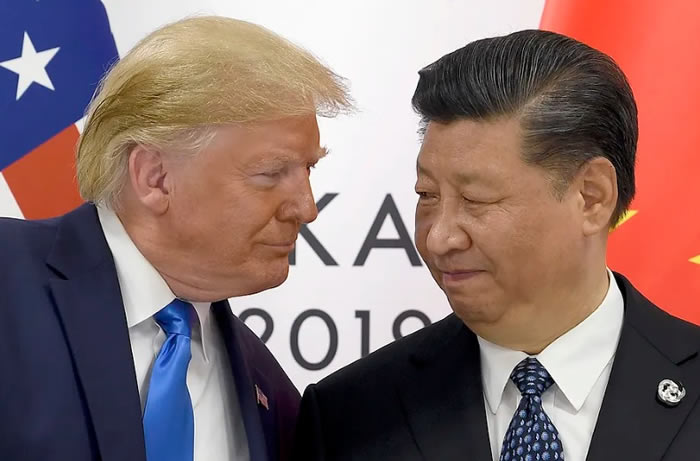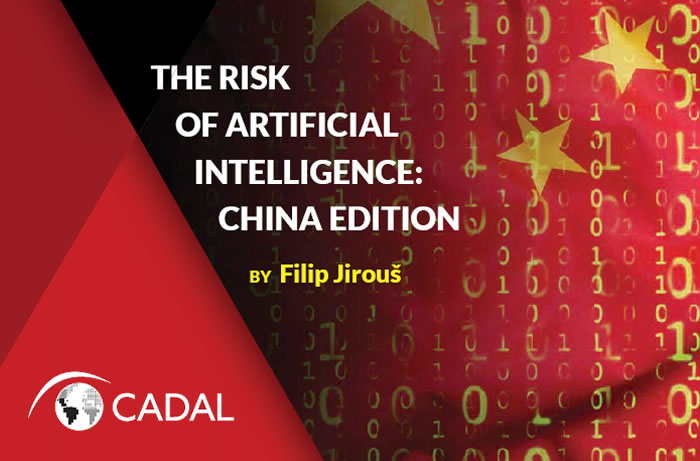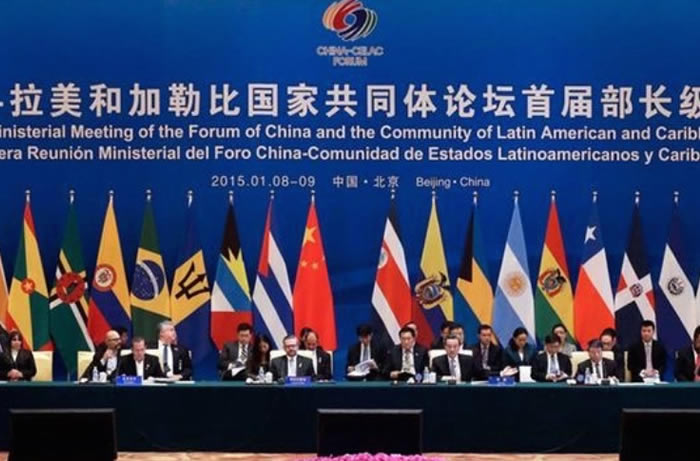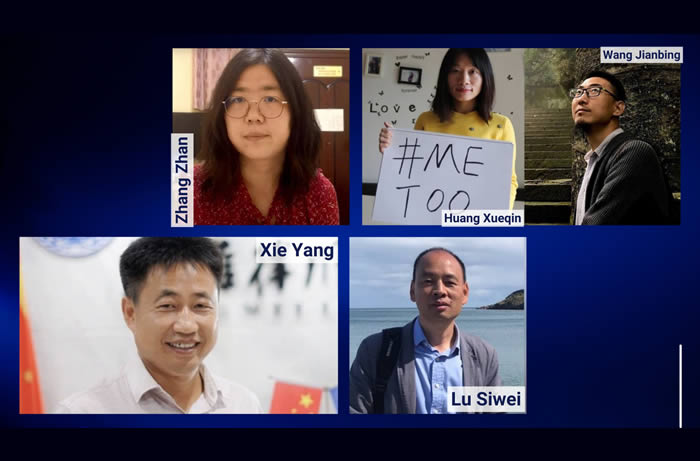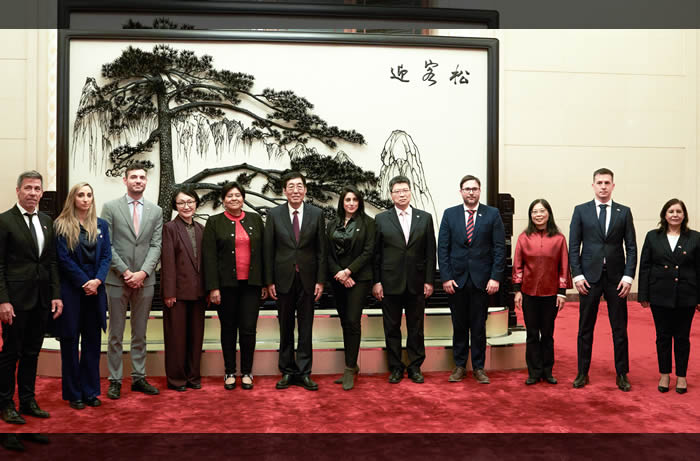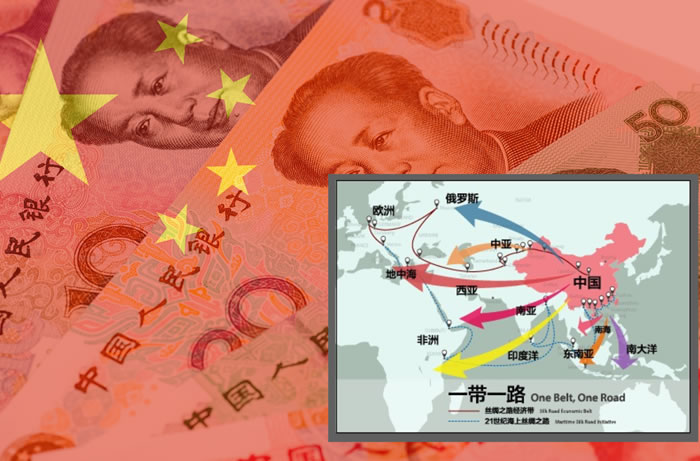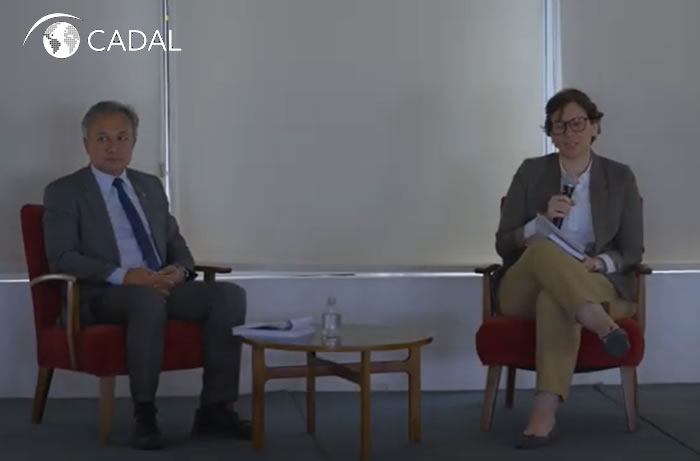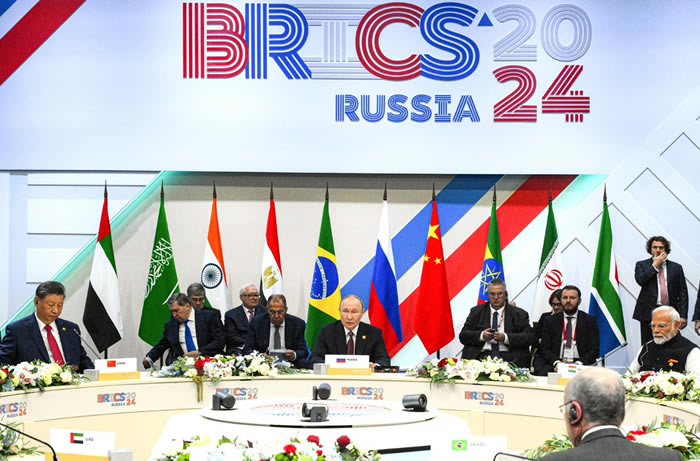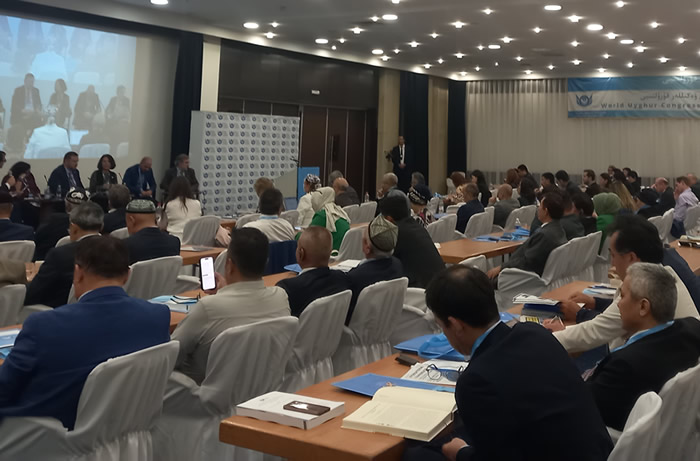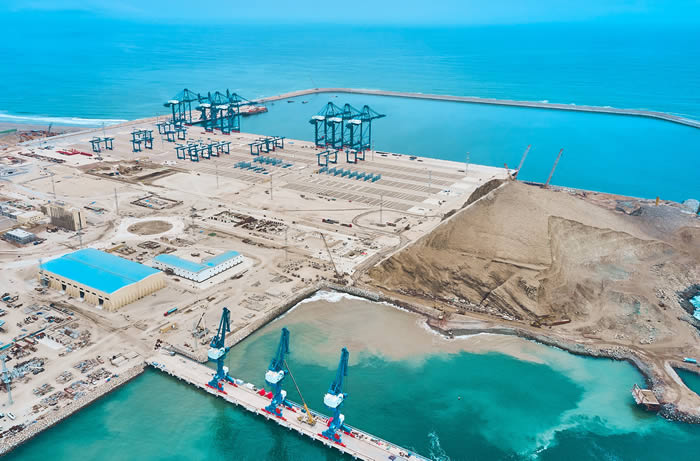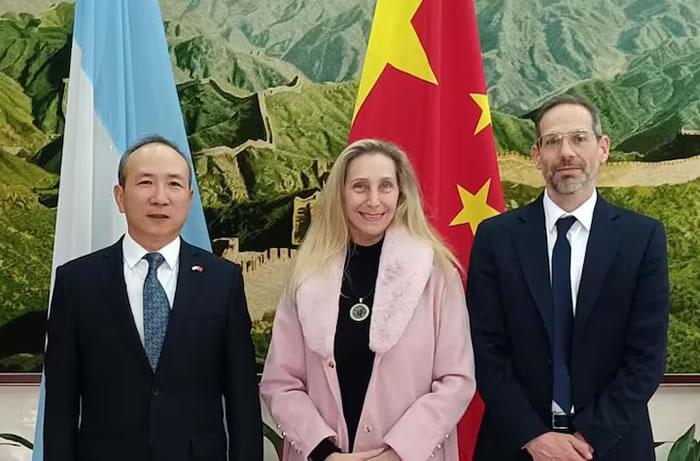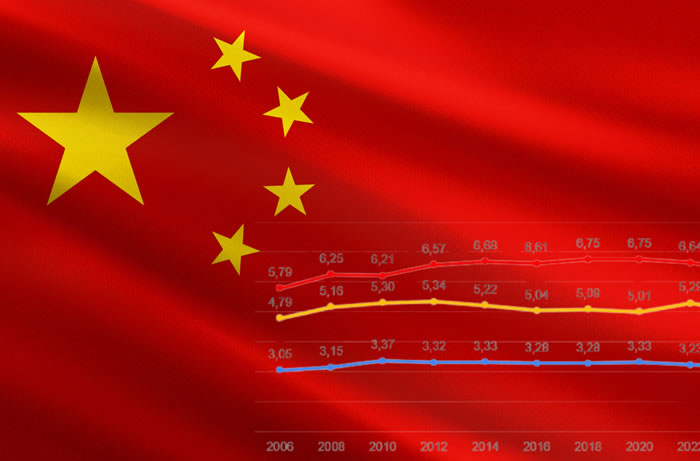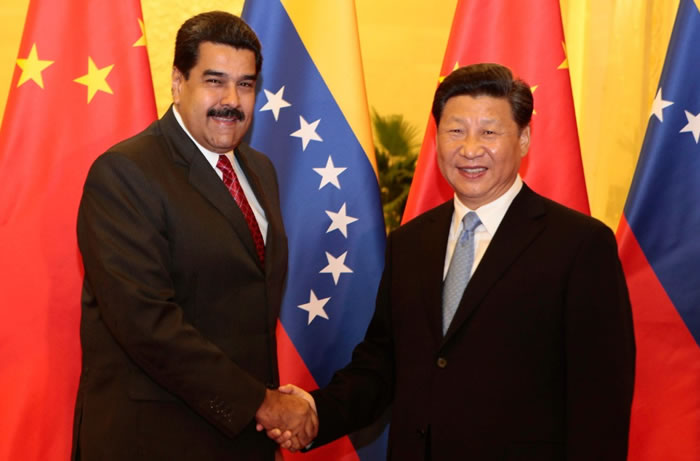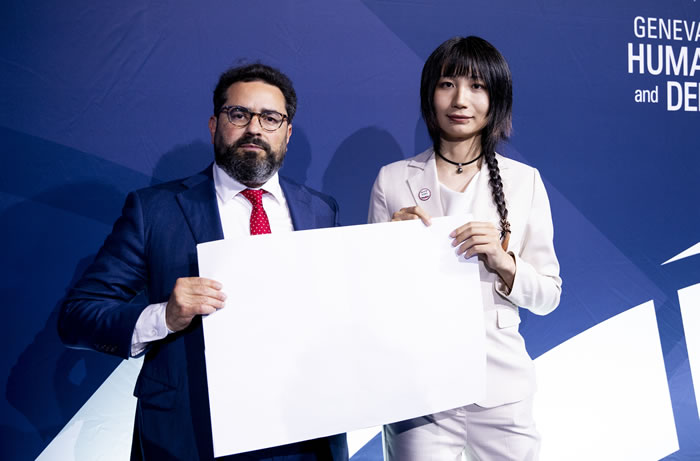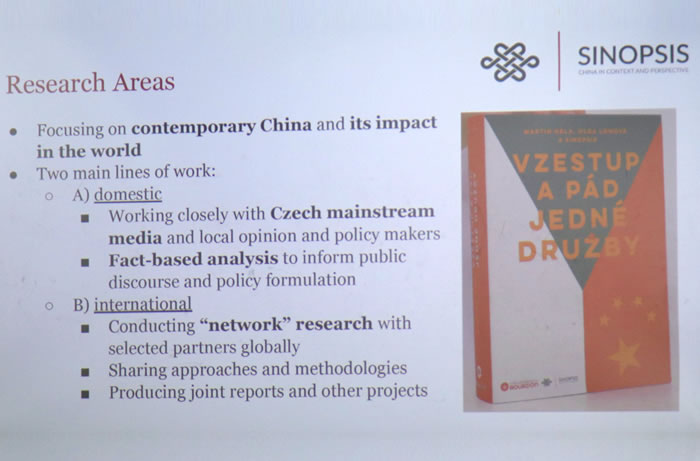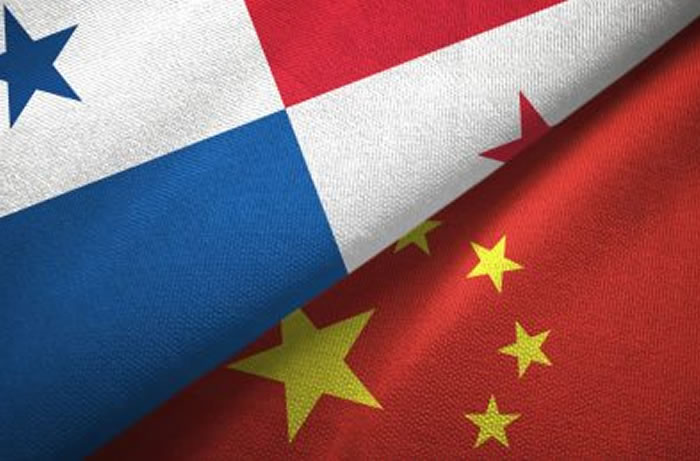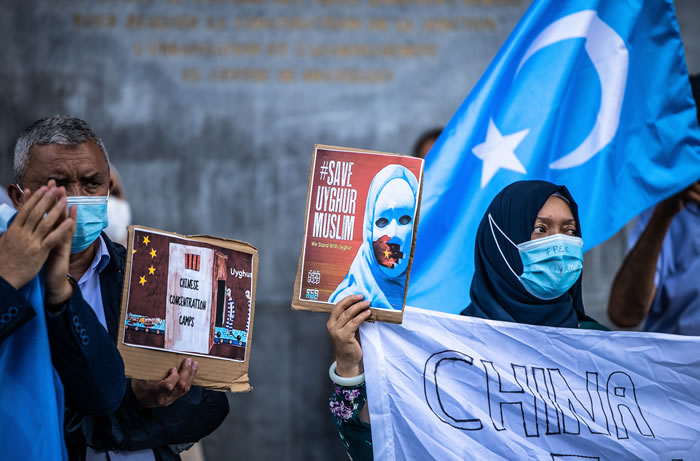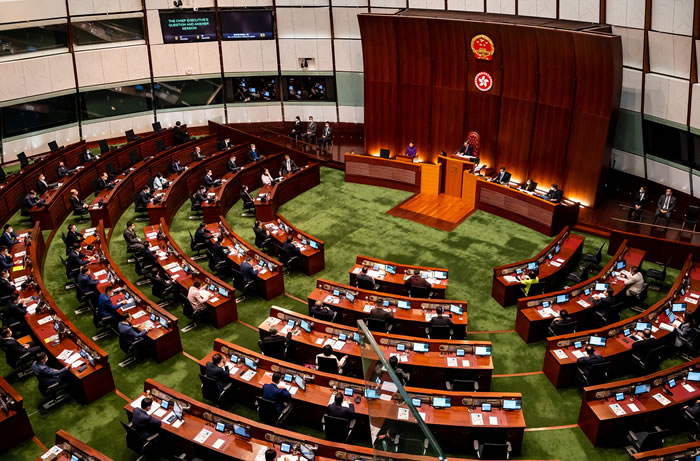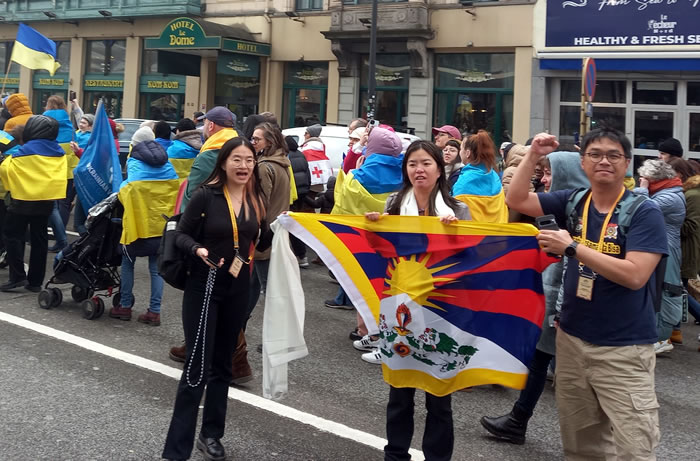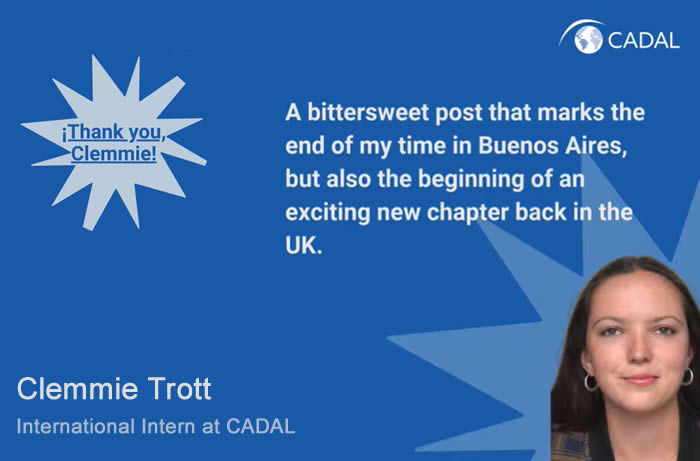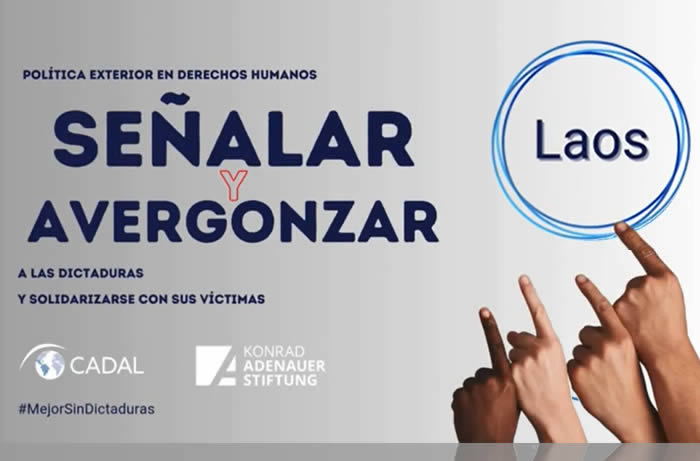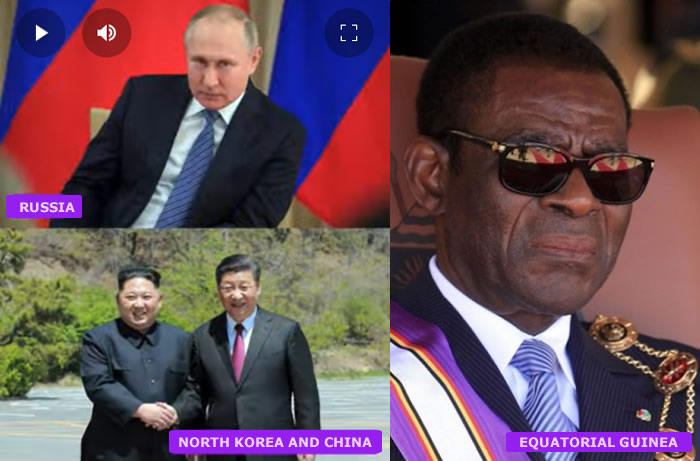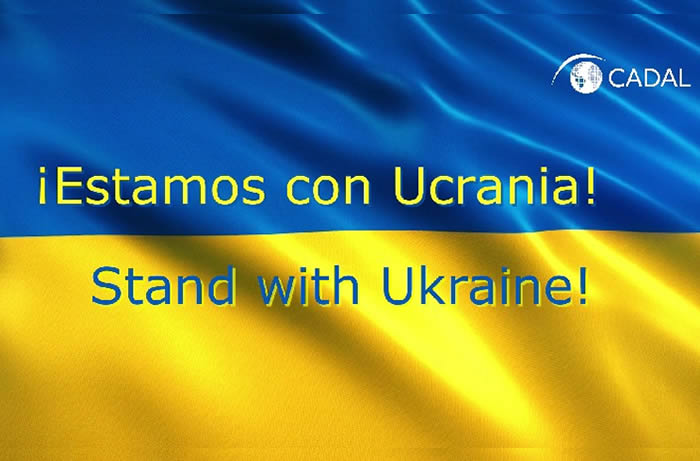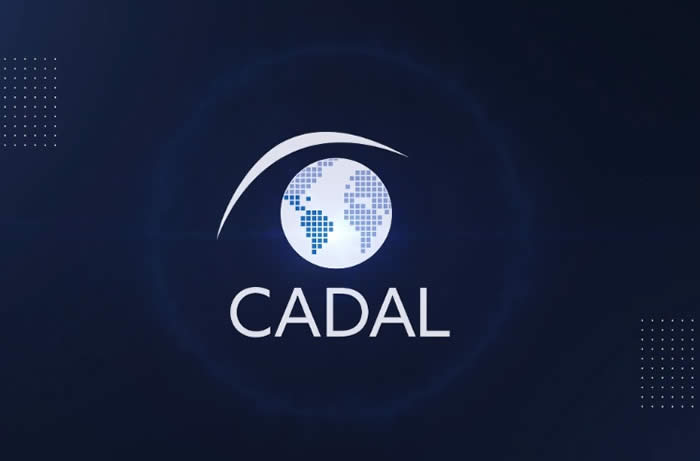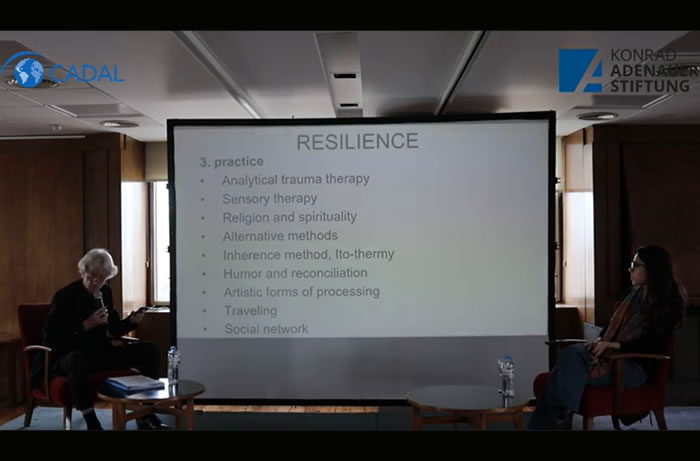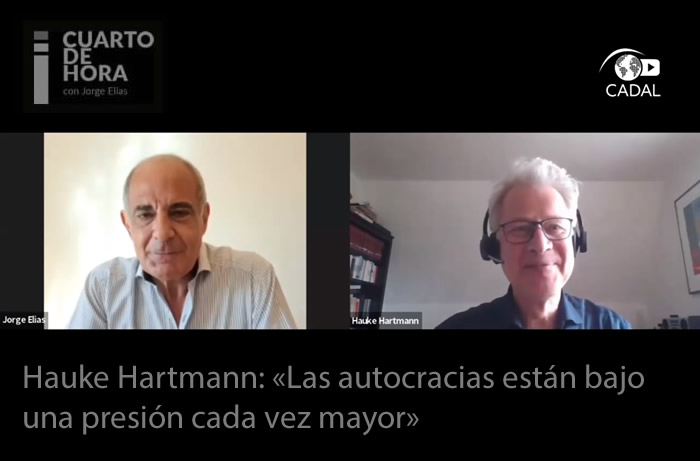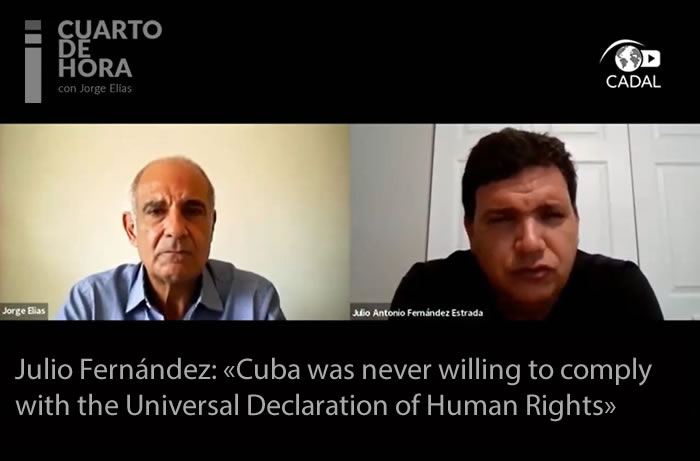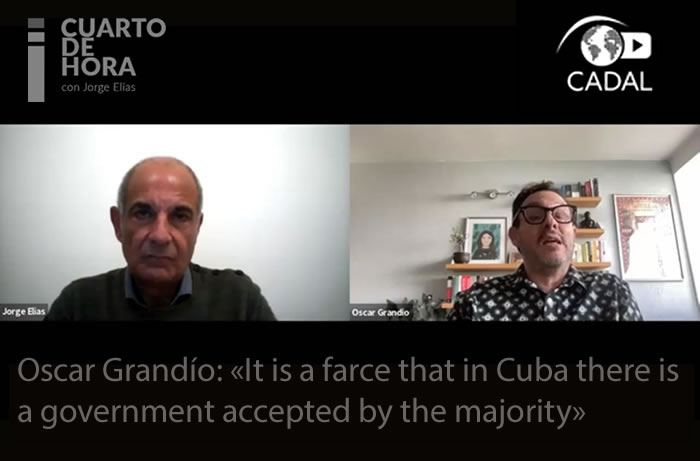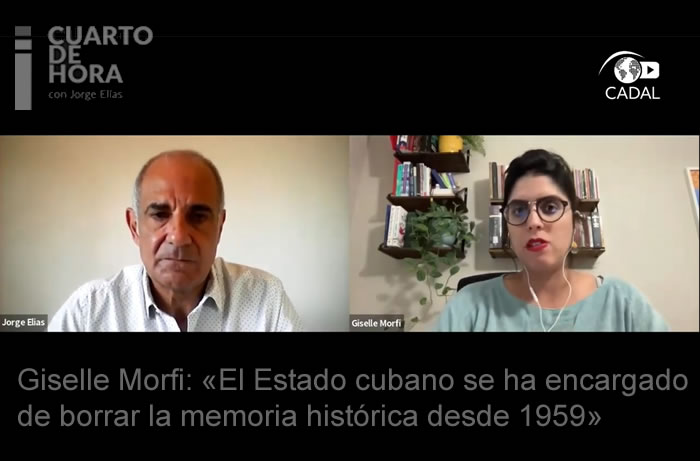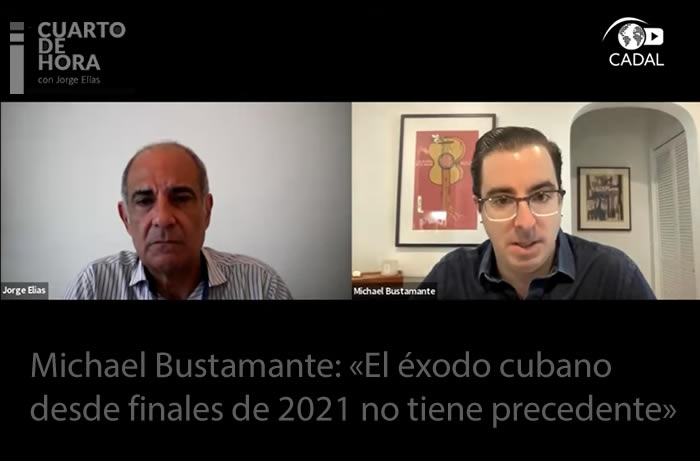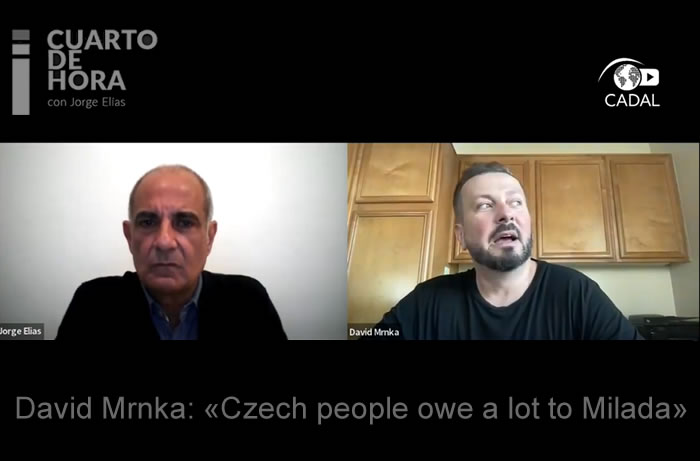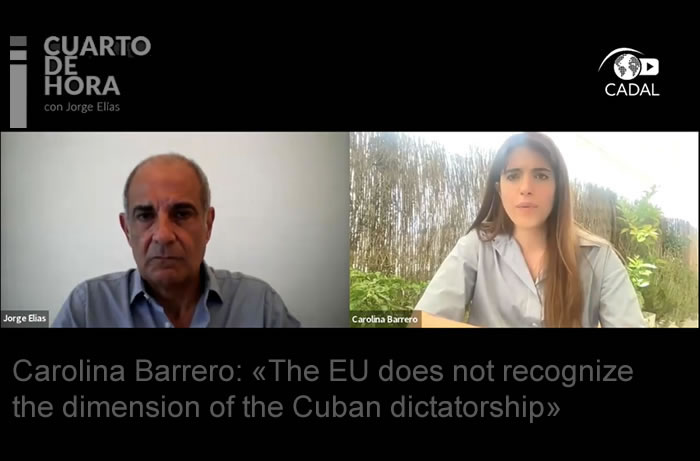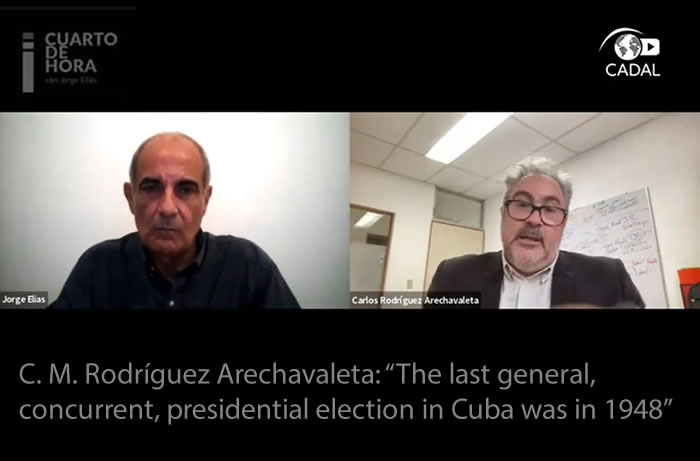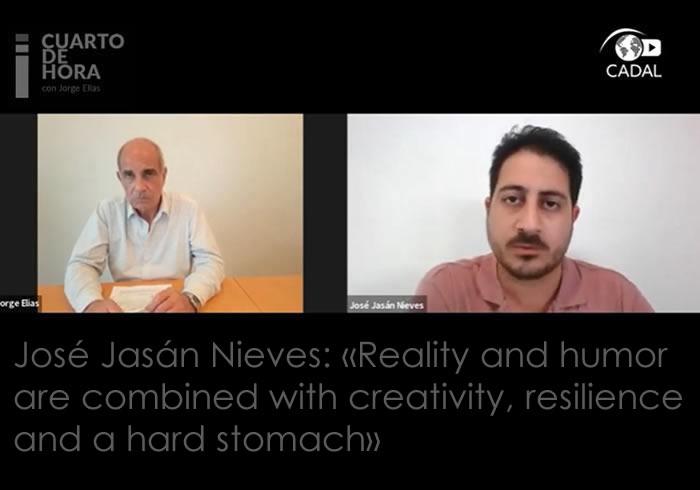Articles
The Sinic Analysis
 08-22-2023
08-22-2023The Risks of Academic Engagement with PRC Counterparts
The Chinese regime targets Latin American scholars and think tanks because these institutions, together with the media, should be objectively and independently reviewing Chinese activities in the region. Thus, coopting them makes it easier for China to buy influence, distort democratic dialogue and impose censorship and self-censorship on its observers.
By Filip Jirouš
China has long been exploiting ostensibly free and independent academic exchange for political manipulation. Particularly, think tanks and China experts are targeted, thus influencing those that should describe PRC activities with sober mind. Latin America is no exception, and despite the declared friendships, PRC intelligence uses covert institutions to hijack the dialogue and manipulate local voices.
One of the key issues with this engagement is that PRC think tanks and academic institutions lack independence. Chinese universities are run by the Party secretary. There are no clear lines between state and Academia, making it harder for academic institutions not to comply with ideological and political demands. Even prominent scholars with reputation for relatively independent thinking have to obey the Party and participate in its schemes. This structural feature also makes it easier for the PRC security and military to closely cooperate with research institutions, leading to extensive participation of top PRC universities in defense research, as well as hacking and intelligence operations.
While it is hard to measure the effectivity of the influence operations targeting Academia, by identifying the PRC “partners”, we can draw conclusions about the intents. A perfect example is the Latin American and Caribbean Academic Network on China (Red ALC-China), an organization gathering China scholars from across Latin America, run by Enrique Dussel Peters, an economist and China expert with the Universidad Nacional Autónoma de México. Dussel Peters is a prolific scholar focusing mostly on economic cooperation between China and Latin American countries, especially Mexico.
The network has engaged – at several occasions – with China Institutes of Contemporary International Relations (CICIR). Ostensibly a policy think tank, CICIR is in fact the 11th Bureau of the Ministry of State Security (MSS), China’s main civil intelligence service. The institution targets foreign experts to gather intelligence and exploit them to gain access to political elites. CICIR has published with the network experts, and the head of its Latin America unit also attended a Red ALC-China event in 2016. Furthermore, Dussel Peters has claimed that CICIR is a key source of objective analysis of China-Latina American relations. This is equal to claiming that public CIA analysis should be taken as an objective basis for studying US-Latin American relations and thus puts Dussel Peter’s qualification in question.
Without scrutiny, the MSS also operates within the China-CELAC Forum structures. Similar to other regional PRC-run platforms, the Forum gathers a host of smaller, more focused, events, a top of the regular high-profile event. These include scholarly exchanges where genuine NGOs meet with PRC think tanks run by Party cadres. While those PRC organizations usually have ties to the relatively benign foreign influence apparatus, the MSS has presence at China-CELAC events, too. The most obvious is through China International Culture Exchange Center (CICEC), an MSS cultural front organization.
CICEC has been active in organizing cultural events across the globe, and this year hosted a writing competition for Latin American students at its HQ in Beijing. The organization is run by the MSS Social Investigation Bureau, a unit behind a number of well-documented successful operations coopting foreign elites and manipulating discourse on China. Should anybody have doubts about who is engaging the future of Latin American art, one of CICEC’s vice-presidents is Sun Wenqing, a deputy head of the Hong Kong secret police that has clamped down on dozens of democratic leaders in the city.
The CCP applies the same tactics everywhere. The Eastern European equivalents to China-CELAC’s academic exchange platforms have been largely coordinated by an institute that eventually turned out to be run by a former CICIR official, gathering intelligence from friendly scholars across the region. It is likely no coincidence that its main Czech expert was removed from his senior position in a research institution for censoring his colleagues for even the slightest criticism of CCP policies.
To make things clear – China is an imperialist, authoritarian, power that has no true friends, only temporary strategic partnerships. It prefers artificial dialogue with “friendly” actors on both ends of the table, not a balanced discussion of peers. In the last few decades, many scandals have shown that the CCP does not shy from corruption and blackmail to achieve its global ambitions. The regime targets Latin American scholars and think tanks because these institutions, together with the media, should be objectively and independently reviewing Chinese activities in the region. Thus, coopting them makes it easier for China to buy influence, distort democratic dialogue and impose censorship and self-censorship on its observers.
The first step to mitigate these risks is awareness – making sure we understand who is sitting on the other end of the table. This might seem natural regardless of whether it is Academia, politics or business, but the PRC system is designed to be obscure and incomprehensible, and many prefer not to their homework. This, however, invites corruption and poor policymaking. Scrutiny and sober thinking should be widely applied in order to guarantee that China-Latin America cooperation is truly beneficial for the American states.
 Filip Jirouš Independent China researcher and freelance China political risk analyst. He has published on the cooperation of Czech universities with institutions linked to the People's Liberation Army, the propaganda activities of the United Front system of the Chinese Communist Party (CCP) in Europe, and other aspects of the party-state's influence work. His work has been cited in parliamentary debates, scholarly publications, and investigative journalism.. Contributor to «The Sinic Analysis» project at www.cadal.org.
Filip Jirouš Independent China researcher and freelance China political risk analyst. He has published on the cooperation of Czech universities with institutions linked to the People's Liberation Army, the propaganda activities of the United Front system of the Chinese Communist Party (CCP) in Europe, and other aspects of the party-state's influence work. His work has been cited in parliamentary debates, scholarly publications, and investigative journalism.. Contributor to «The Sinic Analysis» project at www.cadal.org.
China has long been exploiting ostensibly free and independent academic exchange for political manipulation. Particularly, think tanks and China experts are targeted, thus influencing those that should describe PRC activities with sober mind. Latin America is no exception, and despite the declared friendships, PRC intelligence uses covert institutions to hijack the dialogue and manipulate local voices.
One of the key issues with this engagement is that PRC think tanks and academic institutions lack independence. Chinese universities are run by the Party secretary. There are no clear lines between state and Academia, making it harder for academic institutions not to comply with ideological and political demands. Even prominent scholars with reputation for relatively independent thinking have to obey the Party and participate in its schemes. This structural feature also makes it easier for the PRC security and military to closely cooperate with research institutions, leading to extensive participation of top PRC universities in defense research, as well as hacking and intelligence operations.
While it is hard to measure the effectivity of the influence operations targeting Academia, by identifying the PRC “partners”, we can draw conclusions about the intents. A perfect example is the Latin American and Caribbean Academic Network on China (Red ALC-China), an organization gathering China scholars from across Latin America, run by Enrique Dussel Peters, an economist and China expert with the Universidad Nacional Autónoma de México. Dussel Peters is a prolific scholar focusing mostly on economic cooperation between China and Latin American countries, especially Mexico.
The network has engaged – at several occasions – with China Institutes of Contemporary International Relations (CICIR). Ostensibly a policy think tank, CICIR is in fact the 11th Bureau of the Ministry of State Security (MSS), China’s main civil intelligence service. The institution targets foreign experts to gather intelligence and exploit them to gain access to political elites. CICIR has published with the network experts, and the head of its Latin America unit also attended a Red ALC-China event in 2016. Furthermore, Dussel Peters has claimed that CICIR is a key source of objective analysis of China-Latina American relations. This is equal to claiming that public CIA analysis should be taken as an objective basis for studying US-Latin American relations and thus puts Dussel Peter’s qualification in question.
Without scrutiny, the MSS also operates within the China-CELAC Forum structures. Similar to other regional PRC-run platforms, the Forum gathers a host of smaller, more focused, events, a top of the regular high-profile event. These include scholarly exchanges where genuine NGOs meet with PRC think tanks run by Party cadres. While those PRC organizations usually have ties to the relatively benign foreign influence apparatus, the MSS has presence at China-CELAC events, too. The most obvious is through China International Culture Exchange Center (CICEC), an MSS cultural front organization.
CICEC has been active in organizing cultural events across the globe, and this year hosted a writing competition for Latin American students at its HQ in Beijing. The organization is run by the MSS Social Investigation Bureau, a unit behind a number of well-documented successful operations coopting foreign elites and manipulating discourse on China. Should anybody have doubts about who is engaging the future of Latin American art, one of CICEC’s vice-presidents is Sun Wenqing, a deputy head of the Hong Kong secret police that has clamped down on dozens of democratic leaders in the city.
The CCP applies the same tactics everywhere. The Eastern European equivalents to China-CELAC’s academic exchange platforms have been largely coordinated by an institute that eventually turned out to be run by a former CICIR official, gathering intelligence from friendly scholars across the region. It is likely no coincidence that its main Czech expert was removed from his senior position in a research institution for censoring his colleagues for even the slightest criticism of CCP policies.
To make things clear – China is an imperialist, authoritarian, power that has no true friends, only temporary strategic partnerships. It prefers artificial dialogue with “friendly” actors on both ends of the table, not a balanced discussion of peers. In the last few decades, many scandals have shown that the CCP does not shy from corruption and blackmail to achieve its global ambitions. The regime targets Latin American scholars and think tanks because these institutions, together with the media, should be objectively and independently reviewing Chinese activities in the region. Thus, coopting them makes it easier for China to buy influence, distort democratic dialogue and impose censorship and self-censorship on its observers.
The first step to mitigate these risks is awareness – making sure we understand who is sitting on the other end of the table. This might seem natural regardless of whether it is Academia, politics or business, but the PRC system is designed to be obscure and incomprehensible, and many prefer not to their homework. This, however, invites corruption and poor policymaking. Scrutiny and sober thinking should be widely applied in order to guarantee that China-Latin America cooperation is truly beneficial for the American states.

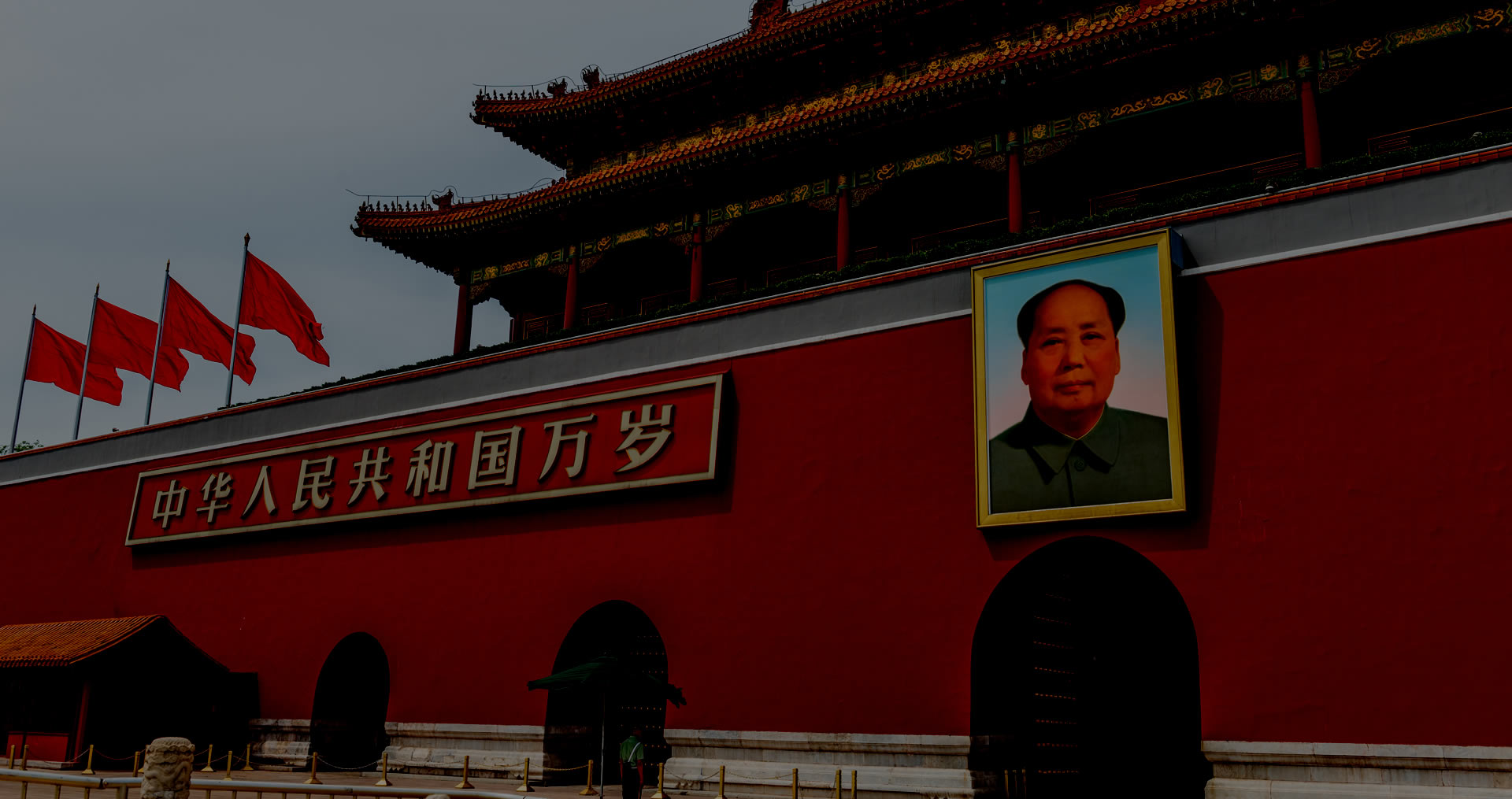


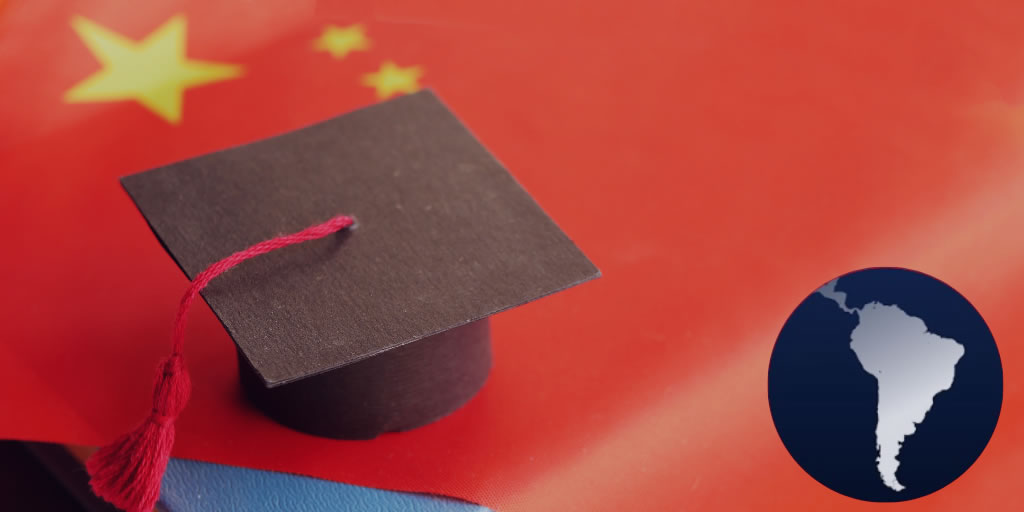
 Leer esta nota en Español
Leer esta nota en Español
